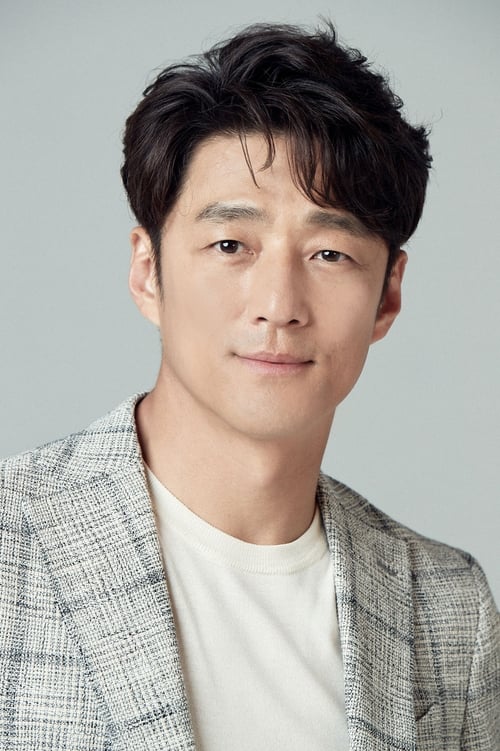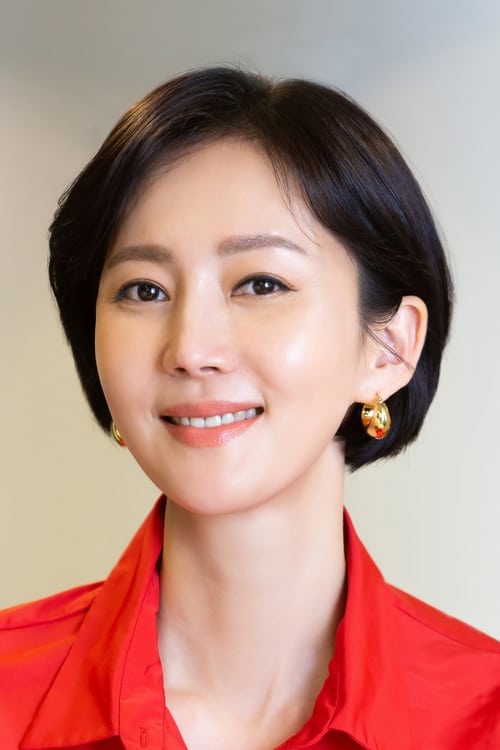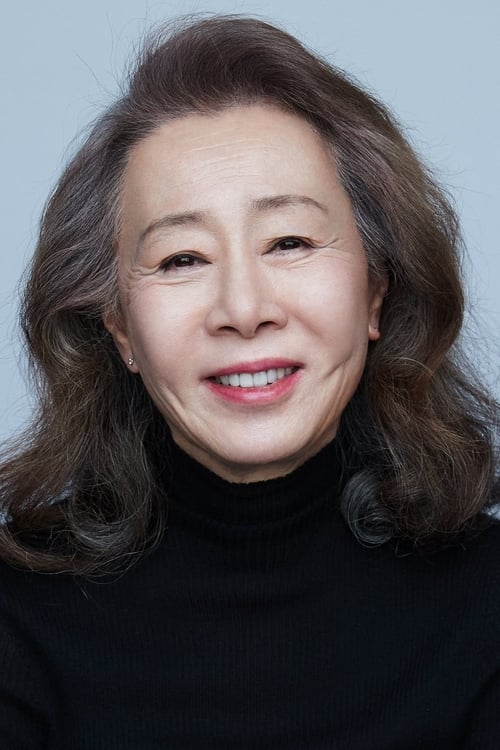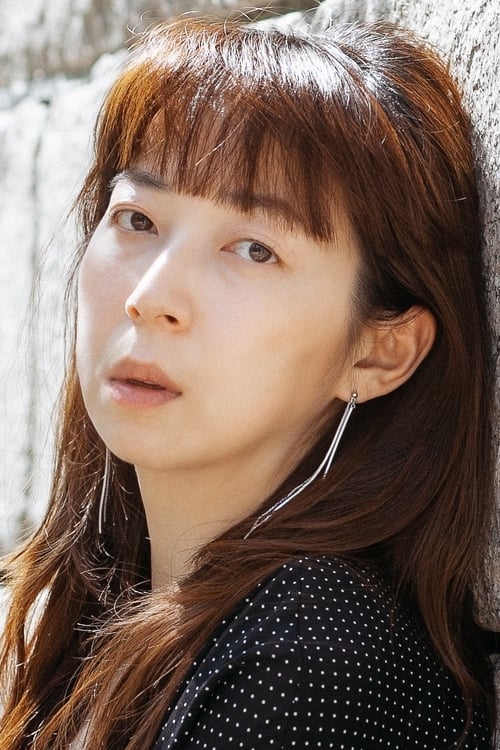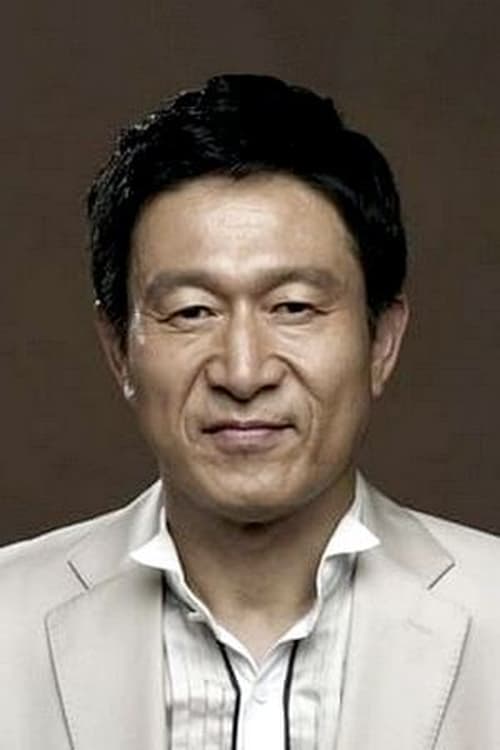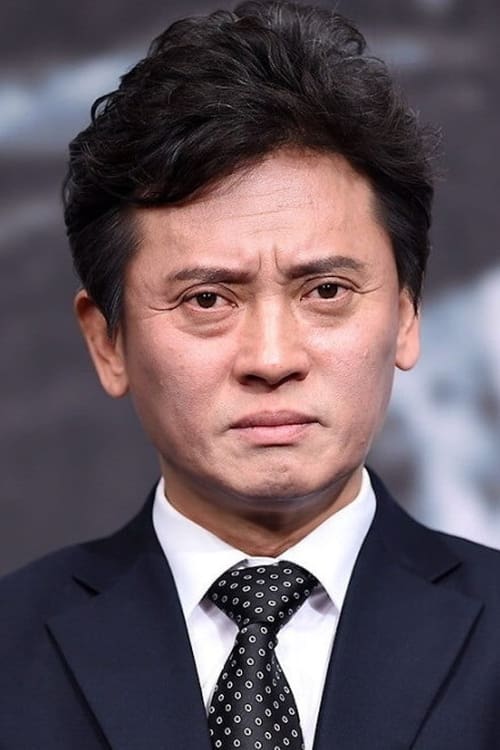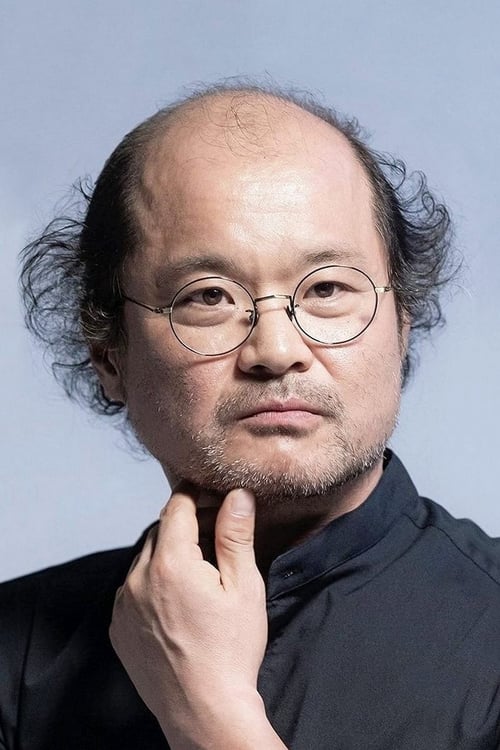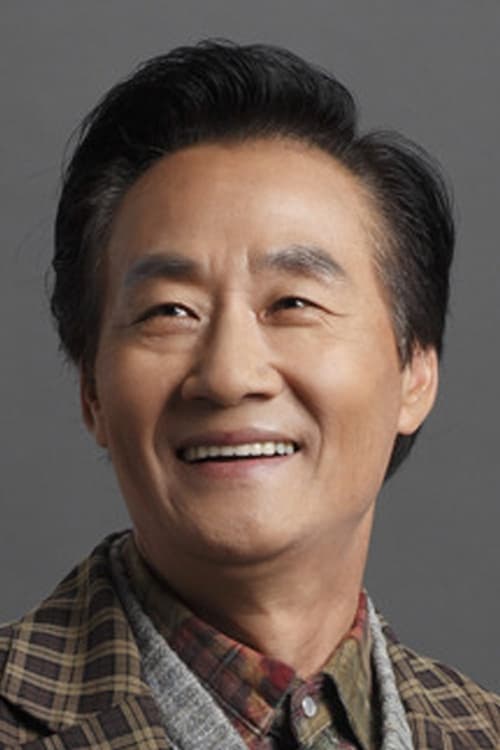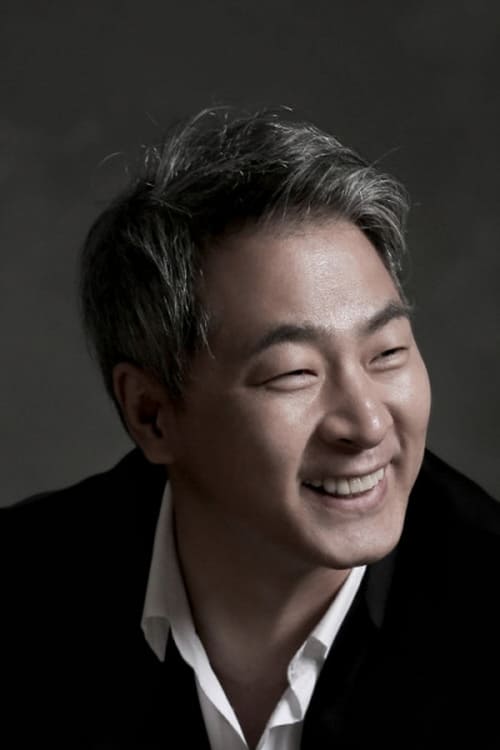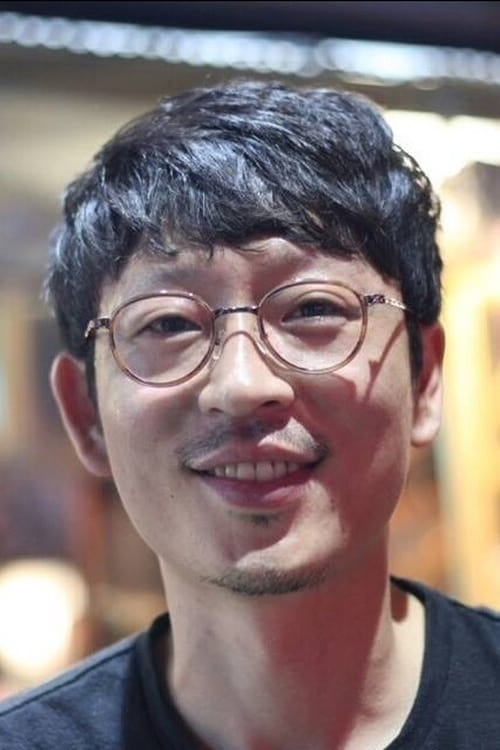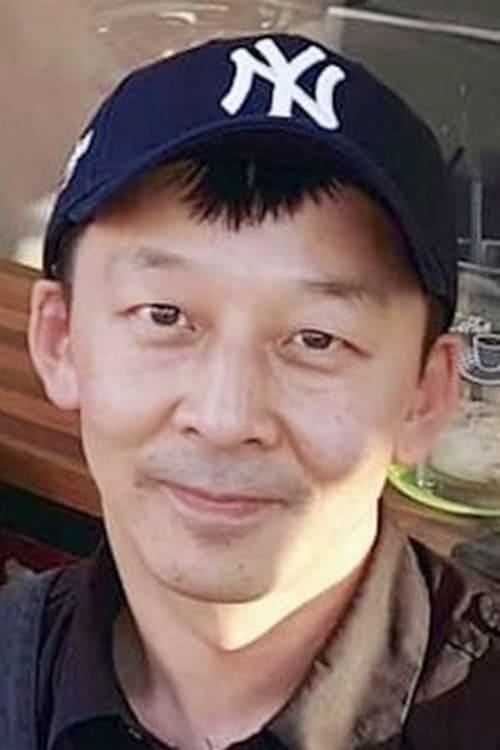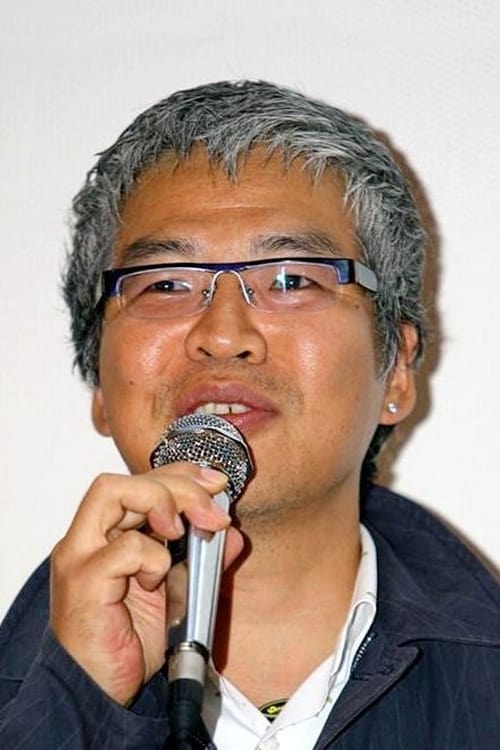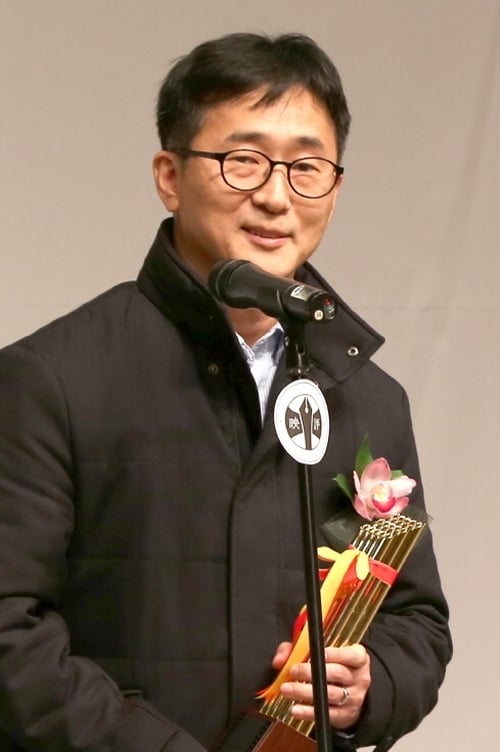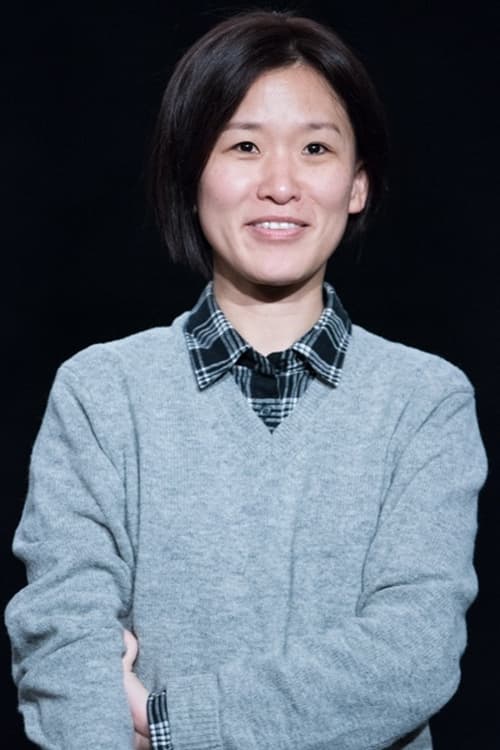The Old Garden (2006)
Género : Drama, Romance
Tiempo de ejecución : 1H 52M
Director : Im Sang-soo
Sinopsis
Blending politics with romance, noted director of “The Housemaid” weaves a story of two activists in hiding in a remote shack. The intimate setting proves to be fertile ground for hidden desires.
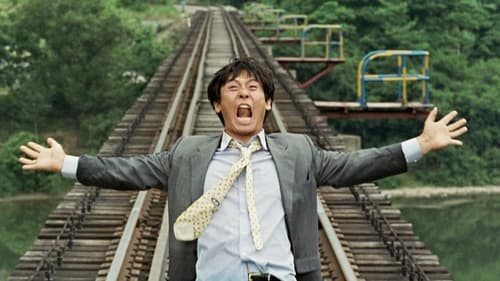
El suicidio de Yhongo sirve como acto de entrada a la retrospectiva de la historia de su vida, la cual entraña truncadas relaciones de amor, desventuras de un soldado o las vivencias de un cartero marcado por la guerra y la pérdida. Una historia que implica inevitablemente reflexión, pues los ojos de Yhongo nos adentran en la convulsa situación de Corea del Sur entre los años 1979 y 1999, sus secuelas y su reflejo en los habitantes. Película que recorrió varios festivales, obteniendo los premios a la mejor película y mejor director en los Grand Bell Awards.
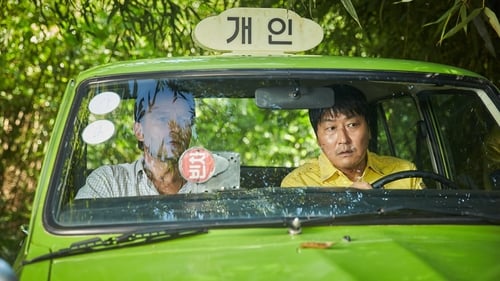
Mayo de 1980. Man-seob (SONG Kang-ho) es un taxista en Seúl que vive al dia, criando a su pequeña hija solo después de que su esposa lo abandonara, con altas facturas de hospital detrás. Un día, él escucha que hay un extranjero dispuesto a pagar mucho dinero por un viaje de ida y vuelta a la ciudad de Gwangju. Sin saber que el extranjero es un periodista alemán (Thomas Kretschmann) con una agenda oculta para investigar los rumores extraños de Gwangju, Man-seob toma el trabajo y los dos comienzan su viaje juntos.
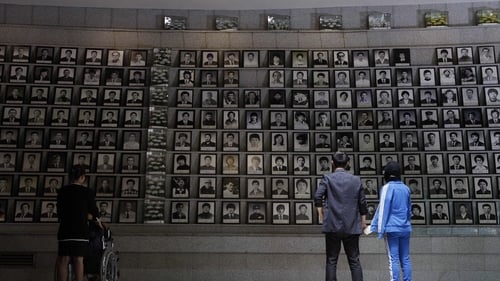
Hace 26 años, las tropas estatales recibieron la orden de abrir fuego contra civiles de la ciudad de Gwangju que se manifestaban como parte de un movimiento democrático. Miles de ellos fueron asesinados. Ahora, un equipo de personas decide involucrarse en un plan para condenar a la persona responsable de la masacre.
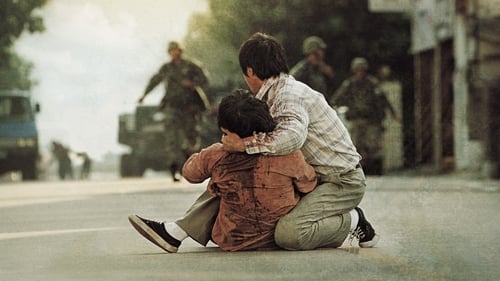
Los ciudadanos de Gwangju llevan una vida relativamente pacífica, hasta que un día los militares se apoderan de la ciudad, acusan a los residentes de conspiración y afirman que son simpatizantes comunistas que preparan una revolución contra el gobierno actual. Al ver que los soldados golpean a personas indefensas, principalmente estudiantes, hasta matarlas, los ciudadanos están listos para tomar represalias y formar una milicia.
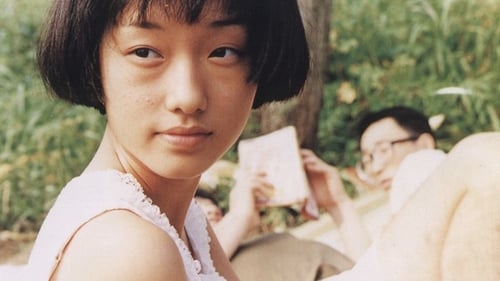
A young girl is caught up in the 1980 Gwangju massacre, where Korean soldiers killed hundreds, if not thousands, of protesters who opposed the country's takeover by the military the year before. Flashbacks show the girl seeing her mother shot to death in the massacre. The film spurred the Korean public to demand the truth behind the incident, and their government eventually opened previously classified files on the massacre.

Blending politics with romance, noted director of “The Housemaid” weaves a story of two activists in hiding in a remote shack. The intimate setting proves to be fertile ground for hidden desires.

20 years after discharge from the army and now an excavator driver, a former paratrooper who had been mobilized to suppress the May 18th Democratic Uprising in Korea in 1980, happens to find a skull in the ground one day. Driving his excavator, he pays visits to his former superiors one by one and realizes they were all both assailants and victims of the times.

In May of 1980, the city is locked down and phone lines are dead because of protests and struggles in demand of democracy. Just when Gwangju was being ignored by the media, Jurgen Hinzpeter, a reporter from Germany, sneaks in despite the danger!
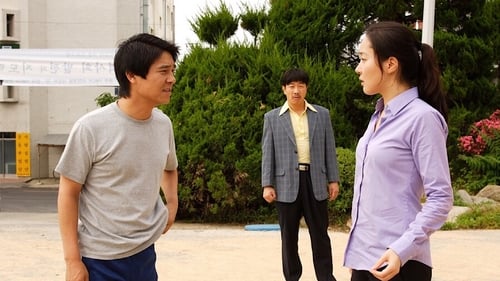
1980, Kwang-ju is fired up about a genius pitcher, a senior in high school. Ho-chang takes confident strides across the field making his way by cutting through the sand dust. He’s a university scouter on a mission. His task is to scout the genius pitcher, SUN Dong-yeul, a master of baseball who may be scouted to a rival university. But he is no where to be seen. But Ho-chang is determined to not let down his reputation as a successful scouter, and his scouting mission of 10 days begin! An original story of a scouter on a 10 day mission full of undisclosed history will now unfold!
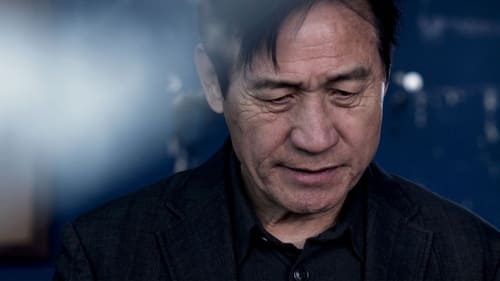
Chae-geun is a driver for hire with manic depression. He often talks to his son who is studying in the States and tells him he would keep his promise. He does a favor by acting as a temporary fiancé of a single woman named Jin-hee, who works as a waitress at a restaurant he frequents. Her father, who was a victim of the Gwangju Uprising in 1980, shows him a gun he stashed away 39 years ago and asks Chae-geun to help him exact revenge on those who were responsible for the May 18 incident.

Cheol-gi who dreams of a society that embraces justice begins classes at a night school. There he learns about political and social contradictions and the realities the people face. While doing research on factory conditions with his classmates Tae-il, Min-sook and laborers Hyun-sil and Bong-joon, Cheol-gi learns about the Revitalizing Reforms system and the improper practices in emergency measures. After the military revolution, during the election for a general student body in a move towards democracy, Cheol-gi unwittingly becomes a man on the run when emergency martial law is implemented in response by the government. Cheol-gi blames himself when hears about the deaths of Tae-il and Min-sook during the Gwang-ju Uprising from Hyun-sil and Bong-joon. Just when he and Hyun-sil try to start a new life together, Cheol-gi is arrested and put in jail. Inside the prison, he starts another move towards prison democracy.
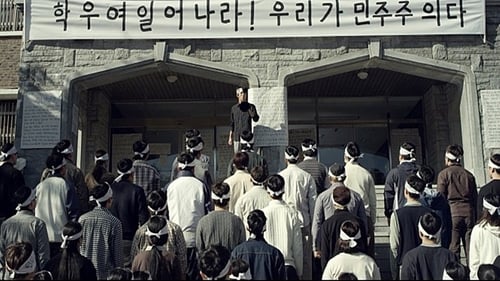
This is the story of a father who died mysteriously in May of 1980, a mother who lives in the shadows with a bullet in her head and not being able to forget May 18th and their daughter, and the nation's greatest comedian, Hee-soo.
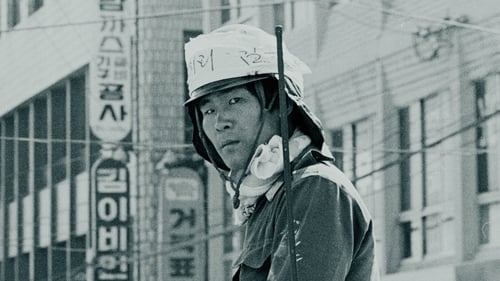
KIM-GUN searches for the whereabouts of a young man whose identity has sparked a national controversy over the 1980 May 18 Gwangju Uprising. Starting with the vague memories of those who had crossed paths with him during that time, the film tracks down those who participated in the Uprising as “Citizen Soldiers.” It also traces KIM’s final steps, based on photographic clues found in the firearms he carried and the “Surveillance Truck No. 10” in which he rode. By identifying KIM-GUN, we believe that we can find valuable leads to resolving the ongoing controversy over May 18. Why did a nameless young man join the Uprising? Why did he take up arms? Where has he gone afterwards? It is the answers to these questions that the film seeks.
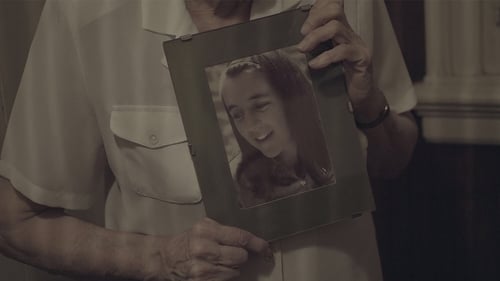
The title Good Light, Good Air is oddly paradoxical. Keenly working at the point where his artistic identity and persistent attention on modern Korean history meet, director Im in this film focused on where the history of oppression and struggle intersect between Gwangju and Buenos Aires. In both cities, a great number of people who fought against the dictatorship were slaughtered and disappeared. The people of both societies still live with that trauma. When the testimonies of the victims of the two cities cross over, the film gives us chills as the eerie history of the two is very similar. Through Good Light, Good Air, director Im asks us how we will remember the past from where we stand right now.

The movie is a compilation of the movie "Wilderness" in which a member of the airborne unit who killed a girl during the Gwangju Democratization Movement burned himself to death with remorse and "Mr. Kant's Presentation", the story of a man who wanders around as a result of torture after participating as a civilian army.

The South Korean city of Gwangju, will commemorate the May 18th 1980 uprising in style. They will stage a grand re-enactment of the scenes of the May uprising 25 years earlier, when martial law troops killed civilians, including women and children.

This year is the 30th anniversary of the Gwangju Democratization Movement. Though the country commemorates the event as the official historical records, it does not include any 'real' accounts of the people who experienced it firsthand. The students who were part of the movement; the female vendors who made rice balls for the students; the female high school students cooked at the government building; now, past their middle age, they live as ordinary citizens in Gwangju city. How is the event remembered by these people?

There are people whose lives have been shaken by the 'Gwangju Video'. On May of 1980, the course of their lives changed in front of a huge wave of truth in Gwangju. The people who made and spread the 'Gwangju Video' are also the people who had their bodies on the waves. The hidden stories of these people, the 40th anniversary of the Gwangju Uprising, and the pursuit to trace the missing 4 hours of mass shooting will be revealed for the first time.

After the Gwangju Democratization Movement is terminated by brute force, Jong Soo runs from the authorities and goes to Dongducheon in search of Tae Ho, an older neighbor from his hometown. He is a student at Jeonnam University and a night school teacher who is on the run because of his involvement in the Gwangju Movement.
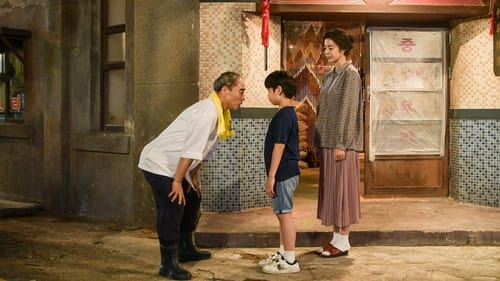
A stormy story that comes into Hwapyeong Spot, a place of life with the hopes of three family members, in Gwangju in May 1980.

